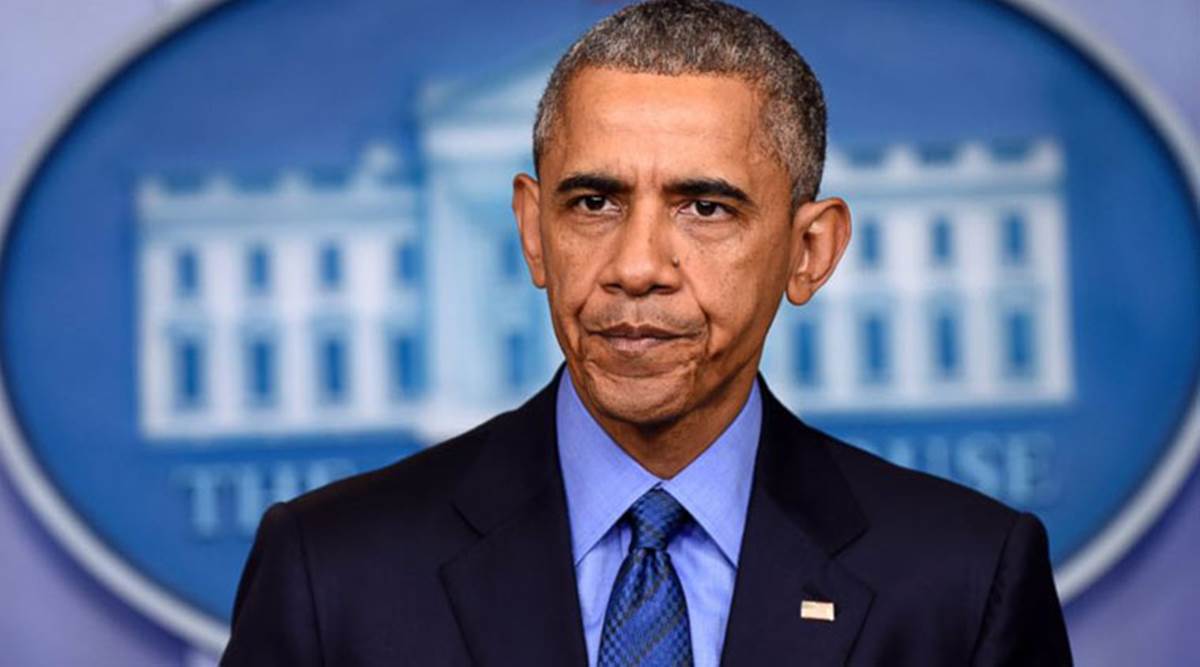 Former US President Barack Obama
Former US President Barack ObamaEven though he had never been to India before his presidential visit in 2010, former US president Barack Obama’s fascination of the country harked back to his childhood years, when he would listen to the Hindu epics — Ramayana and the Mahabharata. India also held a special place for Obama due to Mahatma Gandhi, whose “successful non-violent campaign against the British rule became a beacon for other dispossessed, marginalised groups”.
Obama has said this in his memoir — ‘A Promised Land’, whose first volume hits the bookstores on Tuesday.
“Maybe it was its (India’s) sheer size, with one-sixth of the world’s population, an estimated two thousand distinct ethnic groups, and more than seven hundred languages spoken,” Obama says.
In the book, which gives an account of his journey from the 2008 election campaign to the end of his first term with the raid that killed al-Qaeda chief Osama bin Laden in Pakistan, Obama said India has “always held a special place in my imagination”.
“Maybe it was because I’d spent a part of my childhood in Indonesia listening to the epic Hindu tales of the Ramayana and the Mahabharata, or because of my interest in Eastern religions, or because of a group of Pakistani and Indian college friends who’d taught me to cook dahl and keema and turned me on to Bollywood movies,” Obama writes.
On Gandhi, Obama writes that the India freedom fighter’s non-violent campaign for independence from Britain hadn’t just helped overcome an empire and liberate much of the subcontinent, but also set off a moral charge that pulsed around the globe.
“More than anything, though, my fascination with India had to do with Mahatma Gandhi. Along with (Abraham) Lincoln, (Martin Luther) King, and (Nelson) Mandela, Gandhi had profoundly influenced my thinking,” he writes.
In his memoir, Obama also mentioned that then prime minister Manmohan Singh had resisted calls to retaliate against Pakistan after the 26/11 attacks, “but his restraint had cost him politically”.
“He feared that rising anti-Muslim sentiment had strengthened the influence of India’s main opposition party, the Hindu nationalist Bharatiya Janata Party (BJP). In uncertain times, Mr. President,” the prime minister said, “the call of religious and ethnic solidarity can be intoxicating. And it’s not so hard for politicians to exploit that, in India or anywhere else,” Obama wrote about the conversation.
Obama said he found Singh to be “wise, thoughtful, and scrupulously honest”. “In fact, he owed his position to Sonia Gandhi…more than one political observer believed that she’d chosen Singh precisely because as an elderly Sikh with no national political base, he posed no threat to her forty-year-old son, Rahul, whom she was grooming to take over the Congress Party,” he writes.